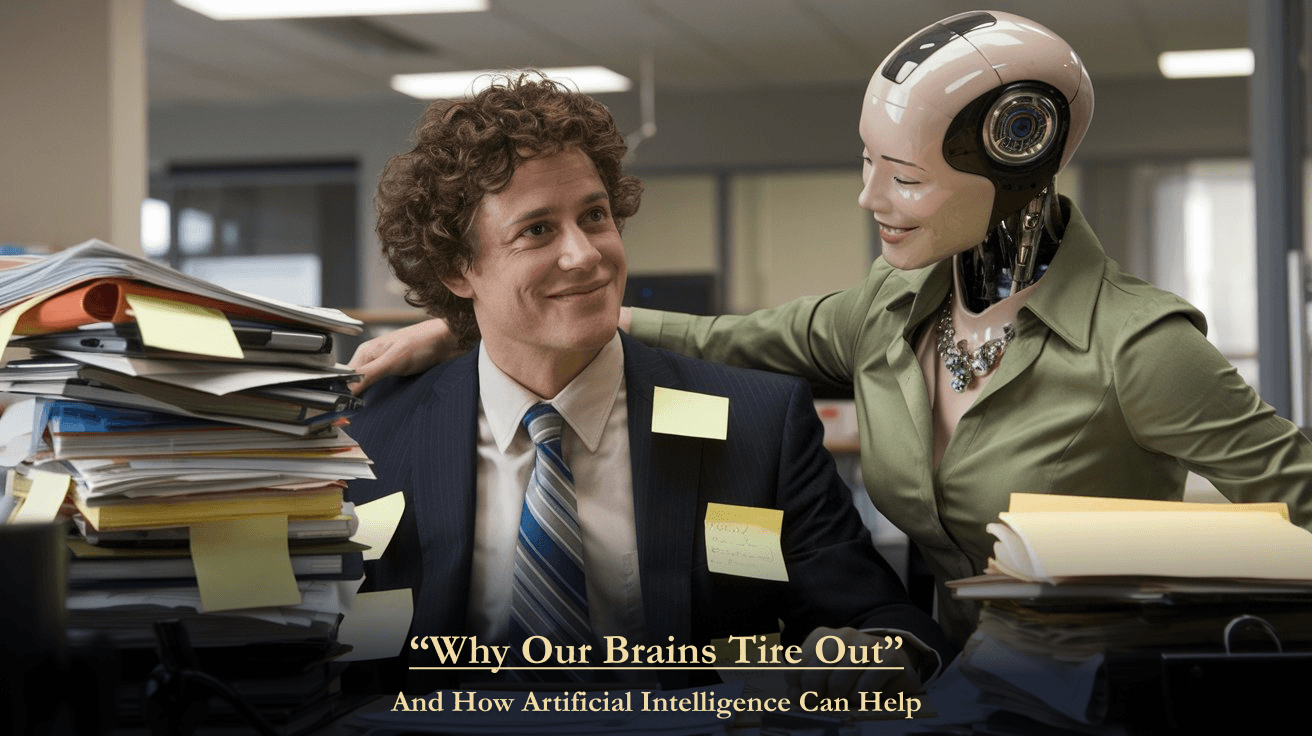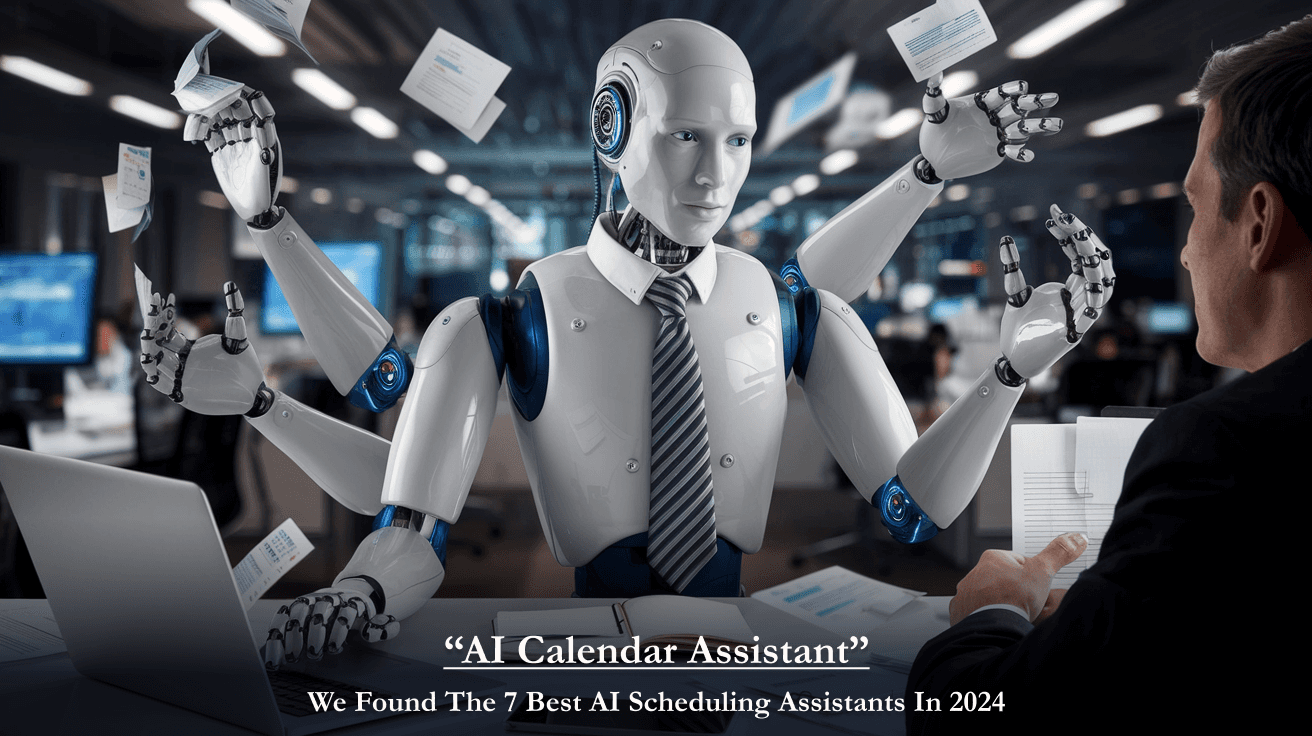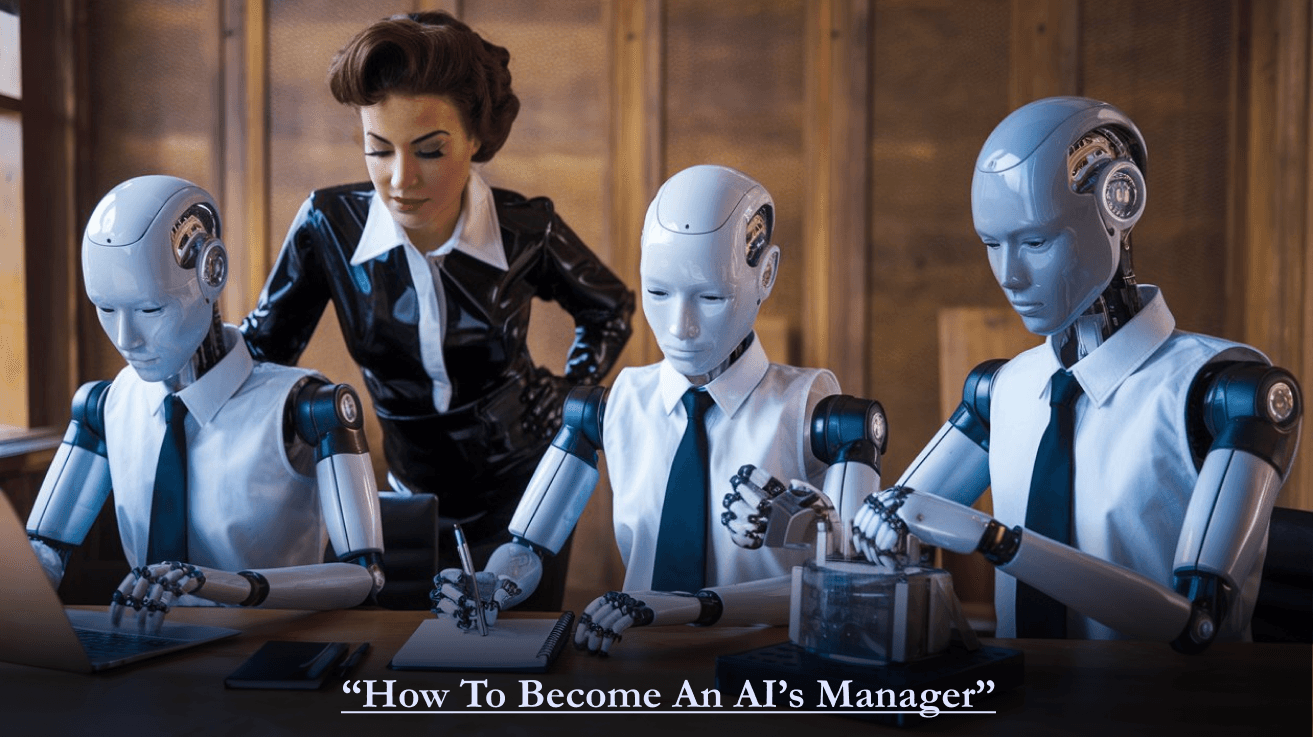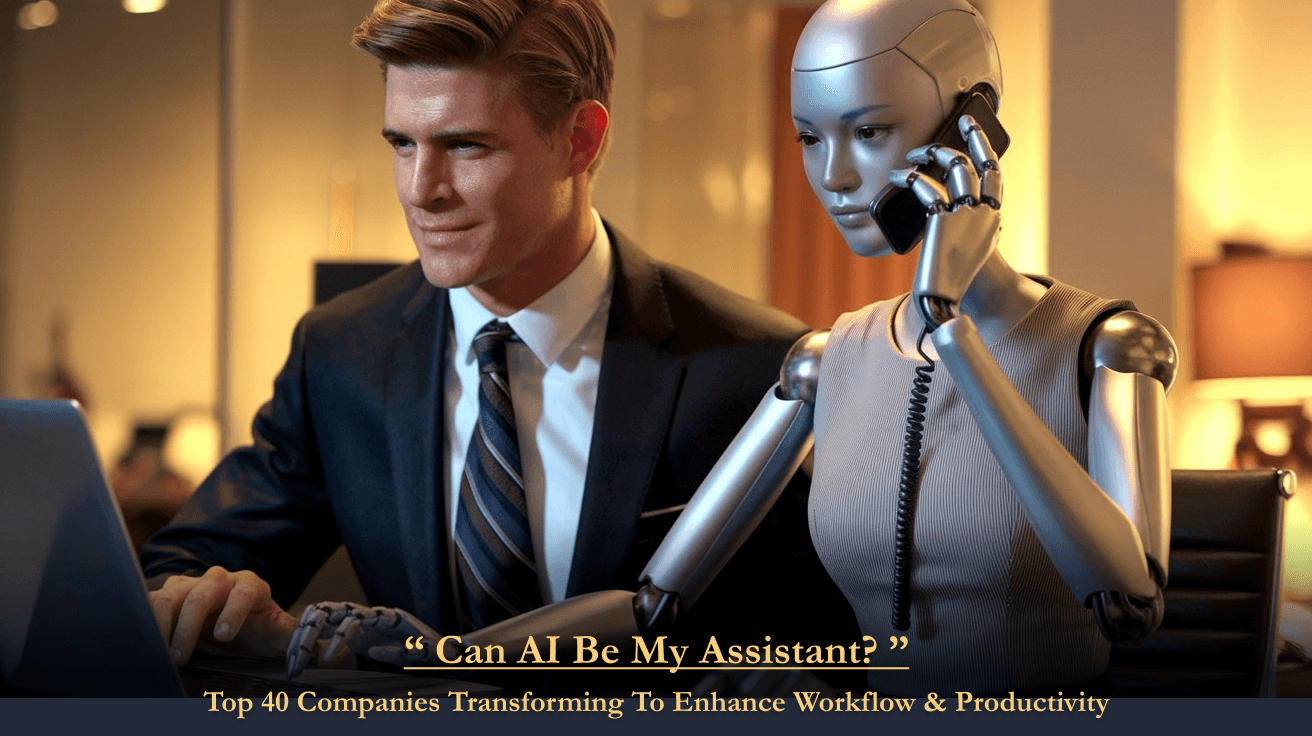22-Oct-2024
Why Our Brains Tire Out And How AI Can Help
Let’s set the record straight: your brain is not a computer. It doesn't possess infinite processing power and certainly wasn't designed to work at peak efficiency for eight consecutive hours. Every decision you make, from choosing your morning coffee to evaluating market expansion strategies - takes a tiny bite out of your mental energy reserves.
Think of it as a bank account: you make fresh deposits in your decision-making currency at the start of each day. Every decision counts as a withdrawal, no matter how small.
By afternoon, executives are often mentally overdrawn, resulting in one of three equally dysfunctional choices:
Decision paralysis: "I will take care of this tomorrow."
Impulsive decisions: "Fine, whatever, just do it."
Over-delegation: "Ask Bob what he thinks."
I recall speaking to a Fortune 500 CEO who admitted that he wears the same style of suit every day, to eliminate excess decisions about clothes and conserve mental energy for more important choices.
Sounds familiar, Mark Zuckerberg?
Enter the AI Assistant: Your Brain's New Best Friend
This is where AI comes in, not as the not-so-bad robot overlord from your favorite sci-fi flick, but as a cognitive assistant that helps you save brainpower for what’s most worthwhile.
The Role of AI in Reducing Decision Fatigue for CEOs and Executives
Today, with fast-paced business operations, CEOs and executives face a barrage of decisions. From strategic directives to mundane administrative tasks, making so many choices can be mentally draining. This phenomenon is known as decision fatigue, which weighs on leadership effectiveness and general productivity. The more decisions an executive makes, the poorer the quality of those decisions tends to be over time.
For example, FastTrackr.AI is a smart AI Executive Assistant designed to combat decision fatigue. Seamlessly integrated within WhatsApp. It allows executives to manage their time and optimize decisions effortlessly. By performing mundane tasks, filtering information, and delivering data-driven insights, it ensures ample time for high-level strategy and impactful decision-making.
Understanding Decision Fatigue and Its Impact on Leadership
As psychologist Roy Baumeister has explained, decision fatigue helps explain why people often make poorer choices as they become mentally drained throughout the day. Each decision saps a small amount of energy from a person’s brain, whether it involves something trivial like choosing lunch or something substantial like authorizing a multi-million dollar deal. This mental drain is compounded by the number of critical decisions executives must make every day.
Cognitive load can be staggering. A CEO may arrive at work in the morning full of energy and resolve, making wise strategic choices. However, by the end of the day, decision-making often becomes more reactionary. Leaders may resort to easier, quicker, and perhaps less effective choices. They often avoid discussing important issues simply because their mental resources are depleted by mid-afternoon.
This mental fatigue affects long-term business results. Poor decisions can lead to missed opportunities, unnecessary risks, and inefficiencies that create a ripple effect throughout the organization. Leaders may procrastinate on tough issues, take shortcuts, or rely too heavily on others - all of which undermine their effectiveness.
How AI Minimizes Decision Fatigue
AI is a powerful solution to this problem: automating mundane, routine, and repetitive tasks so leaders can clear their minds for strategic thinking. This is how AI impacts decision fatigue - not just by automating processes but by allowing leaders to focus on what truly deserves their attention.
Automation of Repetitive Activities: The ultimate drain on an executive's time is managing routine activities, such as meetings, emails, and calendars. These essential tasks consume a significant portion of time and mental focus. By automating these routine tasks. Having a personal assistant AI frees up an executive's cognitive capacity.
For example, it can automatically send out emails from WhatsApp, drafted on your behalf, and sent with just a tap of the screen. This means you avoid jumping between apps to communicate, allowing you to spend more time on larger, more important decisions rather than getting bogged down by petty details. One user admits, “Preparing for meetings used to take hours. Now, FastTrackr.AI does it for me, and I walk in confidently ready.”
Smart Prioritization: Knowing what to prioritize is a significant aspect of decision fatigue. CEOs receive hundreds of requests and must determine which to prioritize. This can be very tiring. AI can employ workflow analysis to help leaders manage their workload and prioritize tasks based on urgency or importance.
You should tap into AI's power to realign tasks according to your cognitive capacity at different points in the day. This allows you to tackle high-priority work when you’re most capable. Smart management maximizes efficiency and output, allowing you to juggle multiple accounts or projects simultaneously.
Optimized Time Management and Scheduling Across Time Zones: For most CEOs, managing time is a major headache. It’s not just about the number of hours in a day but also how efficiently those hours are used. AI can alleviate calendar management issues by preventing scheduling conflicts and ensuring all participants are available at the right time.
With features such as intelligent meeting setup, FastTrackr.AI helps you navigate the complexities of working with international teams. It can even schedule critical meetings at times when you are most alert, thus avoiding the pitfalls of decision fatigue.
Focus: Today's executives swim in a sea of distractions - emails, notifications, phone calls, and meetings all vying for their attention. Each interruption pulls you away from deep work, erasing the mental momentum you've built up and requiring additional neural energy to refocus. AI executive assistants can act as gatekeepers, deciding which communications to let through and which can wait.
It can also manage all incoming communications, allowing you to have blocks of uninterrupted time - the real milestone for focusing on strategic planning and high-level decision-making. It conserves leaders' cognitive energy, enabling them to delve deeply into the work that requires full attention.
Data-Driven Insights for Effective Decision-Making: AI tools provide data-driven insights by quickly and accurately analyzing large volumes of data to recommend actions based on market trends and internal performance metrics. This reduces the mental load of sifting through countless reports to make informed decisions.
With actionable recommendations rooted in real-time data, CEOs can rely on artificial intelligence to extract the exhaustion from decision-making.
Examples: How FastTrackr.AI Streamlined Decisions in Real Life for CEOs
Manage Global Teams: Executives often face time zone conflicts and miscommunications when managing global teams. FastTrackr.AI automates scheduling, ensuring meetings are set at convenient times for all parties involved. This eliminates the back-and-forth of emails and the fatigue associated with manual scheduling.
Email Overload: Most CEOs have separate email accounts for different activities. AI Email Assistant minimizes this issue by categorizing emails, preparing automated reply messages, and filtering less important messages. This enables executives to focus their time on the communications that matter most.
Preparing for Board Meetings: Imagine an AI tool that schedules board meetings, prepares agendas, reviews key discussion points from previous meetings, and identifies potential risks. FastTrackr.AI has that capability, significantly reducing the stress of preparing for meetings. It can do research on demand and also suggest new ideas.
Future: How Executive Decisions Are Expected to Evolve
The evolution of AI brings even more advanced support systems into play. Imagine an AI that can predict when you are most likely to fall victim to decision fatigue and advise you to step back or adjust your schedule.
Alternatively, AI could analyze the patterns of decisions that have led to your greatest successes and guide you to replicate those conditions. FastTrackr.AI is just a stepping stone toward that kind of support, helping leaders become more self-aware through decision pattern tracking and bias recognition.
The Bottom Line: A New Kind of Leadership
Executive leadership is not about being always on or making every decision. It’s about being intentional with cognitive resources and using the right technology at the right time to maintain peak decision-making capacity when it matters most.
With FastTrackr.AI, CEOs and executives can reclaim valuable time to lead their organizations to success.
The war against decision fatigue is real, but with tools like FastTrackr.AI by their side, leaders can look forward to a future where they are thriving - not just surviving - amid the demands of modern business.




